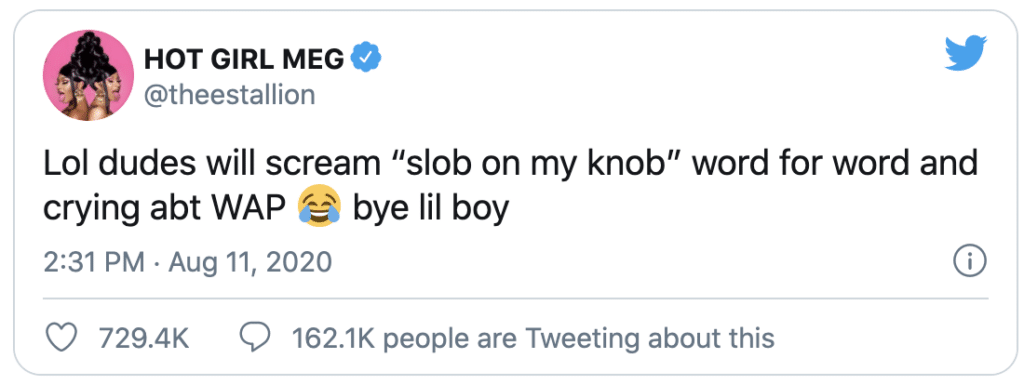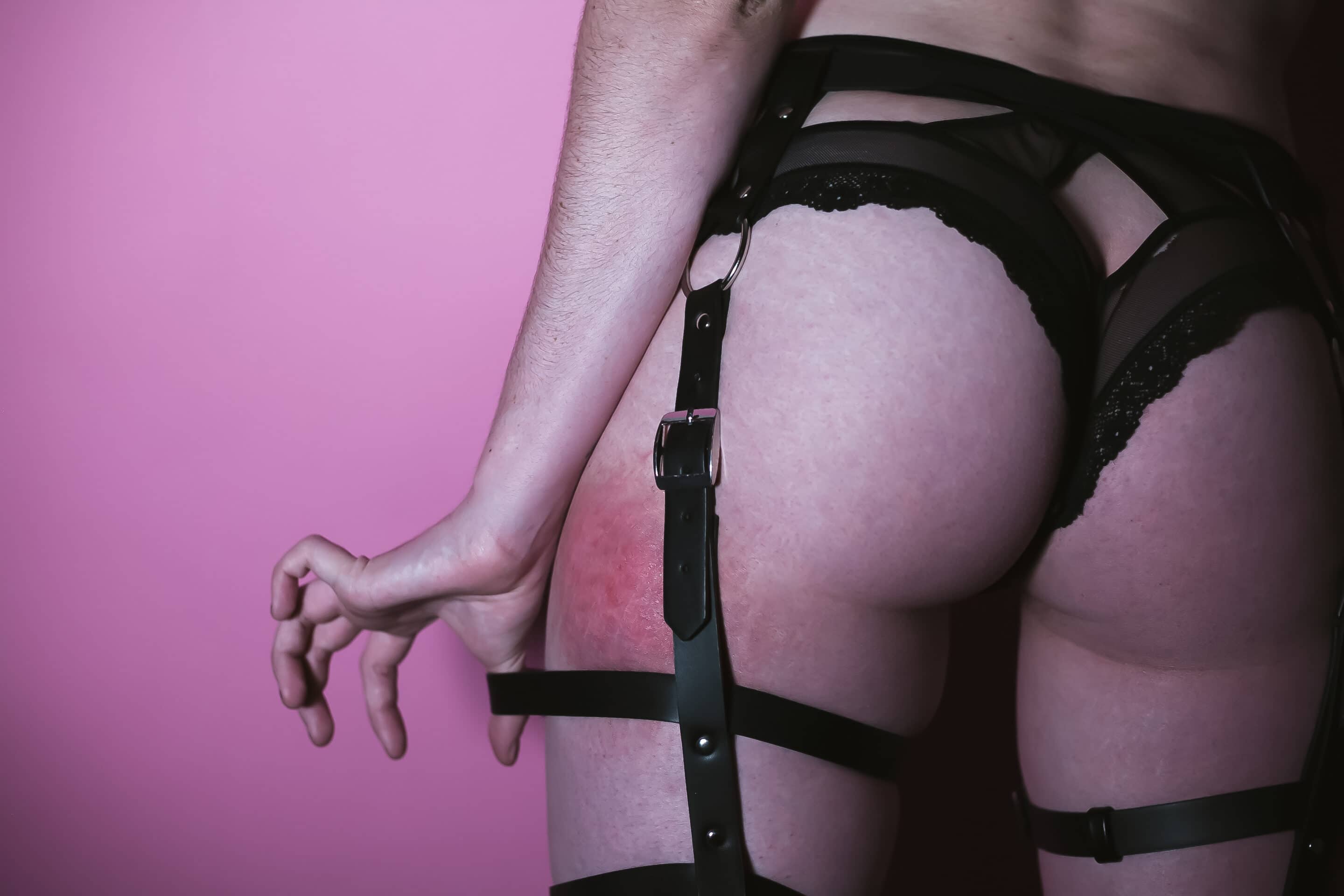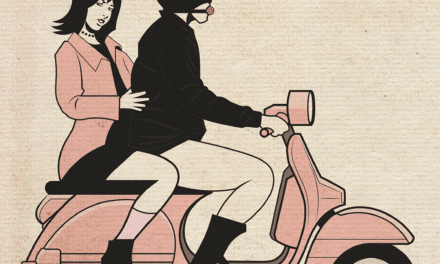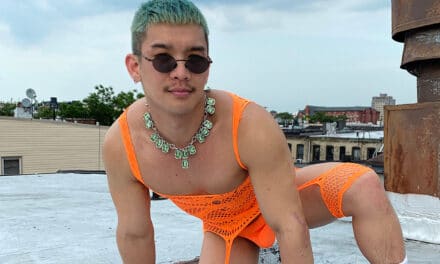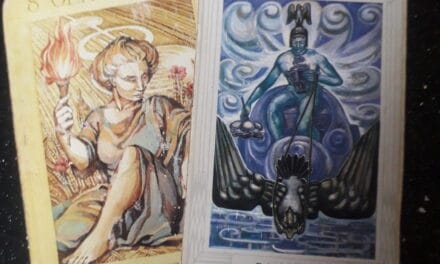There’s no denying that Cardi B and Megan Thee Stallion’s new single “WAP” has evoked controversy – Conservative political candidates, Fox News anchors, and Ben Shapiro took offense with the song and its lyrics. In an interview with i-D, Cardi B explained her surprise at the controversy, claiming, “I never expected that, you know, conservatives and Republicans were going to be talking about the song. I didn’t think the song was as vulgar as they said it was, you know?”
The controversy has been credited to the song’s hypersexual lyrics – but it may lie in something deeper. Male rappers have been rapping about explicit sexual encounters with women genitalia throughout their entire discographies. In “WAP,” the roles are reversed, as powerful female rappers reclaim their sexual experiences and genitalia. Megan Thee Stallion pointed out the hypocrisy on Twitter by comparing the sexual lyrics of Three 6 Mafia’s 1999 hit “Slob On My Knob” to her own.
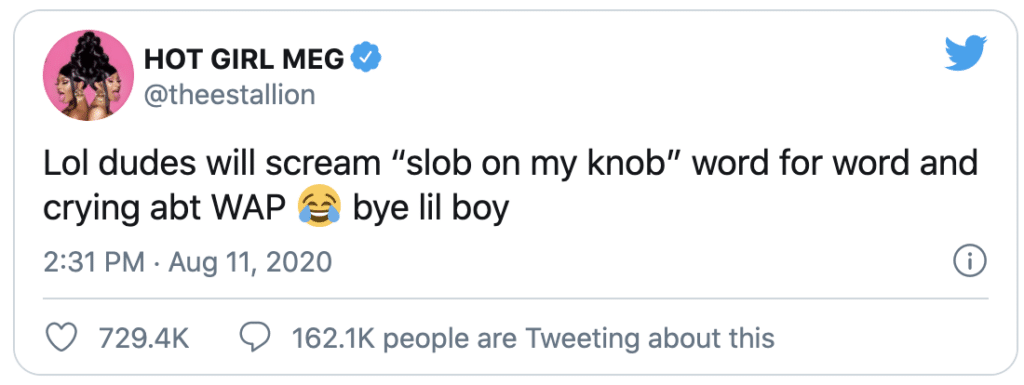
So, what’s the big deal?
The reality is the controversy around “WAP” is just a recent example of something that’s been going on for a while throughout music history. From Britney to Beyoncé, there’s different instances in recent music history when female artists have reclaimed their sexuality and sex itself in their songs. Sometimes these songs reached #1 placements on the charts – and they always received backlash.
1. Christina Aguilera, “Dirrty” (2002)
When Christina Aguilera’s hit track “Dirrty” and its equally raunchy music video reached the top of the charts 18 years ago, it was met with commotion among fans and critics alike. From Saturday Night Live sketches to MTV music reviews, the backlash was disturbingly (and perhaps unsurprisingly) misogynistic at its core. In a review of the song and its video, Time Magazine described Aguilera as coming “direct from an intergalactic hooker convention. (She earned that extra r).”
With lyrics about dancing in the club with “the girls” and a mud-doused video, “Dirrty” was shocking to critics – not only because of its explicit nature, but because a female artist claimed her own sexuality for no one but herself. In 2018, Aguilera took a look back on her hit song with Billboard, explained, “The female body is something that I think is beautiful, and it is all about how you own it, really, and not exploit it for a man’s pleasure.”
Today, Aguilera’s iconic “Dirrty” look is a regular in celebrity Halloween costumes and its sexiness may be nothing shocking, compared to current music videos and dances. But the concerningly sexist reaction in critics is strikingly similar to what other female artists, including Cardi B and Megan Thee Stallion, also face.
2. Britney Spears, “I’m A Slave 4 U” (2001)
In one review of “Dirrty” at the time of its release, The BBC commented that Aguilera’s “sweet innocence is long gone.” But this wasn’t the first time critics complained about a female artist losing innocence with a track that celebrates her sexuality. A year prior in 2001, 19-year old Britney Spears swapped her All-American, self-proclaimed virgin persona for a sexier single, “I’m A Slave 4 U.”
The song, as well as the music video and her infamous 2001 MTV VMA Awards Performance, featuring oiled up abs and sexy dance moves, received plenty of backlash for its sexual nature. Many conservative groups as well as the Parents Association of America (PAA) urged a boycott of Spears’ album and live performances, citing her being a “bad role model” for young American girls. The wife of Maryland governor Bob Ehlrich even went so far as to say she “would shoot Britney Spears” (a disturbingly violent comment she later apologized for).
3. Cindy Lauper, “She Bop” (1984)
Lauper’s 1984 track was ahead of its time in pushing the boundaries of female sexuality. The lyrics are cryptic and seemingly lighthearted, but undeniably a celebration of female masturbation (“Hey, hey, they say I better get a chaperone / Because I can’t stop messing with the danger zone”).
The song immediately sparked controversy, which led to its placement on the Parents Music Resource Center’s “Filthy Fifteen” (a list that included Madonna, Prince, and Judas Priest) for its sexual lyrics and undertones.
4. Janet Jackson, “If” (1993)
Similarly to Aguilera and Spears, Janet Jackson’s 1993 song “If” marked an ending of her previously celibate public persona. Where she previously sung about “Young Love” and maintained an innocence when it came to her sexuality, she took “If” as a chance to explore her sexual fantasies and more mature desires in a subtle and personal way. The music video and subsequent live performances further demonstrated Jackson’s turn towards a sexier demeanor.
5. Beyonce, “Blow” (2014)
Beyoncé’s self-titled 2014 album preluded “WAP” with lessons of modern feminism and new kind of female sexual empowerment where women openly own their sexuality. Her track “Blow” does just that. Men often sing about the details of receiving oral sex (*cue 50 Cent*), but rarely do we get a women’s perspective from the receiving end. Beyoncé takes the time to clearly tell her man she wants it, and she wants it now.
6. Madonna, “Erotica” (1992)
The queen of pushing the envelope and leader of a female sexual revolution in music, Madonna wasn’t shy in expressing her sexuality in her 1992 track “Erotica.” With the character of “Dita,” Madonna explores dark sexual fantasies and S&M, including sultry spoken word sections.
The in-your-face sexuality of “Erotica” earned it praise and criticism alike. The video, in which Madonna dresses up as a dominatrix, was deemed so controversial that it was eventually banned from MTV.
While male singers detailing explicit sexual encounters in their hit tracks is considered normal in the public eye, female artists have often been confronted with backlash when they step out of their preconceived innocence to own their sexuality and claim their fantasies in their music. In a post-#MeToo world, can the controversy over “WAP” be chalked up to another redundant instance of misogyny?
Despite the headway made for female representation and equality in entertainment in the recent years, all signs point to yes. “WAP” provides a prime example of how misogynistic hypocrisies still prevail in music, and how much further we have to go to overcome this standard. And, as it topples the charts and takes the crown as the first female rap collaboration to hit #1 on Spotify, it seems that openly claiming your own sexuality in the face of backlash pays off.

